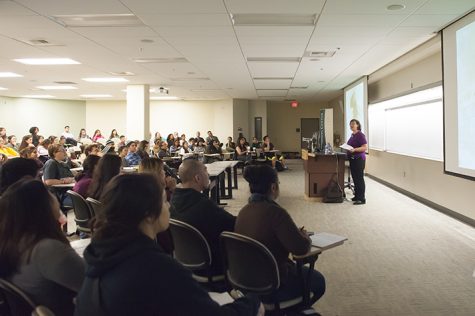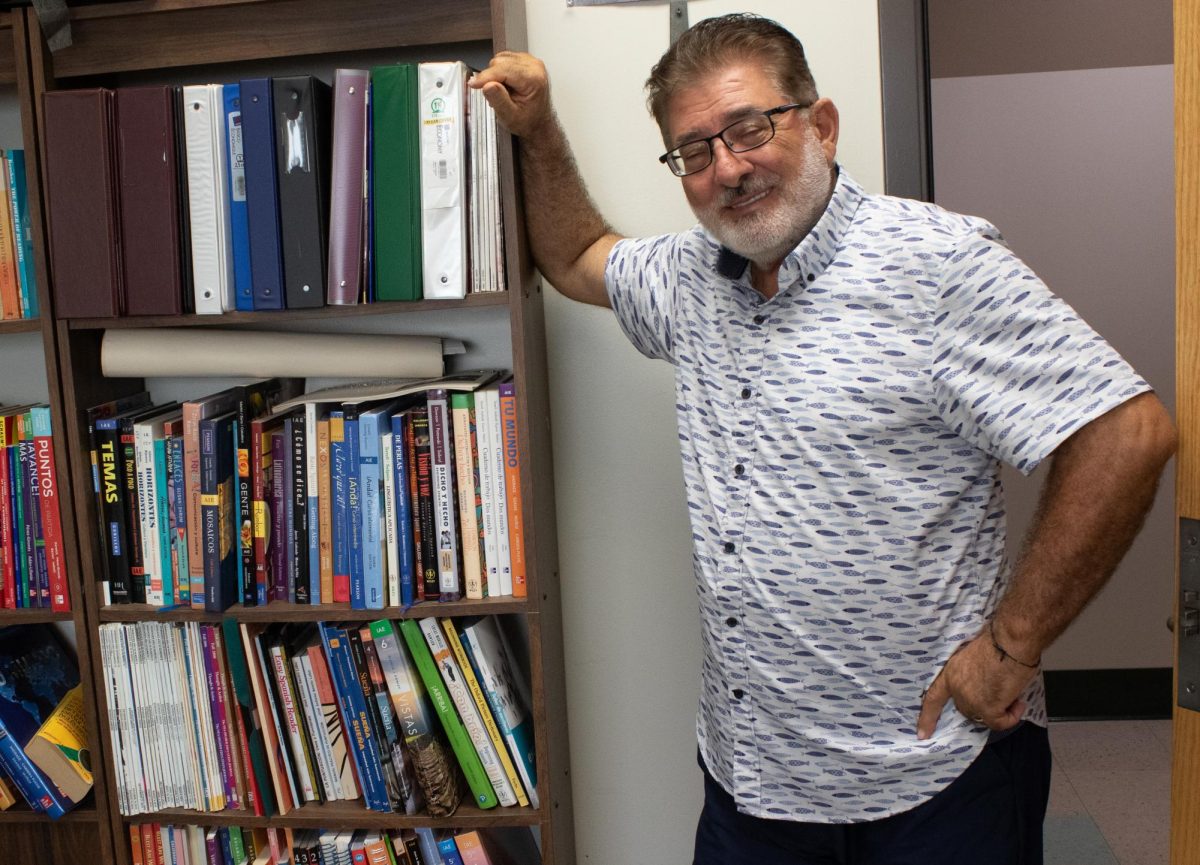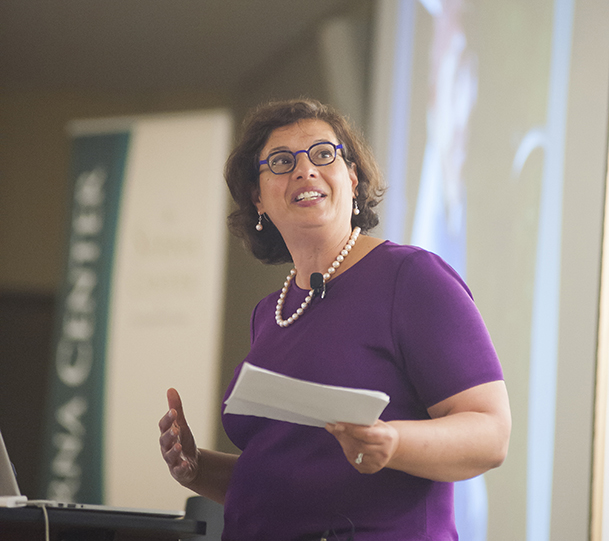Pulitzer Prize winning journalist Sonia Nazario gave a lecture about her award-winning series of articles for The Los Angeles Times and how it may shed light on America’s immigration dilemma.
“Enrique’s Journey,” which was later adapted into a book, covers a Honduran teenager’s journey to the United States to find his mother, who left him and his sister when he was five years old.
Nazario was born in the United States, but spent much of her childhood in Argentina. She said that she entered journalism after seeing a pool of blood on the sidewalk — left behind by two journalists killed by the military during Argentina’s Dirty War.
“I then decided I was going to become a journalist because I wanted to tell the truth,” she said.
At the age of 21, Nazario became the youngest reporter hired by The Wall Street Journal.
“I wasn’t going to write about business,” Nazario said. “I wanted to write about social and social justice issues.”
Nazario started writing “Enrique’s Journey” in 2000 after discovering that many children were coming to the U.S. illegally to find mothers who had left them behind in their native countries.
She decided to write about this army of children coming to the U.S. through the true story of one boy, Enrique.
Nazario traced Enrique’s route from Honduras to the U.S. Enrique tried to unsuccessfully enter the country seven times before he reunited with his mother in North Carolina.
“I would travel for three months — 1,600 miles — on top of seven trains,” Nazario said. “I would do it a second time for three more months and retrace his journey again.”
Nazario obtained a letter from the president of Mexico, which stated “be nice to this reporter.”
(Story continues below)

The letter kept her out of jail three times, but she still came upon many hardships while seeing others on the trains die or get beaten up. She also interviewed many children who were in jail for coming to the country alone.
Nazario explained how cops in El Salvador found business by going on top of the trains, surrounding migrants, and stealing their money under threat of death.
In Chiapas, Mexico, one of the worst places to cross, children would tell Nazario in Spanish, “now we face the beast.”
Enrique lost some of his teeth there. He thought he was going to die, but he made it through.
Nazario spoke against deporting these people when they come to the U.S.
“Migrants do a lot of the hardship jobs and they provide business,” Nazario said. “We should lobby for these people and say that it is legal to come to our border for their safety.”
Sacramento State student Mollie McDonald attended the lecture.
“I decided to come to this event because my Ethnic 115 professor encouraged us to check it out,” McDonald said. “I am also part of leadership initiative and we’re celebrating diversity.”





















































































































